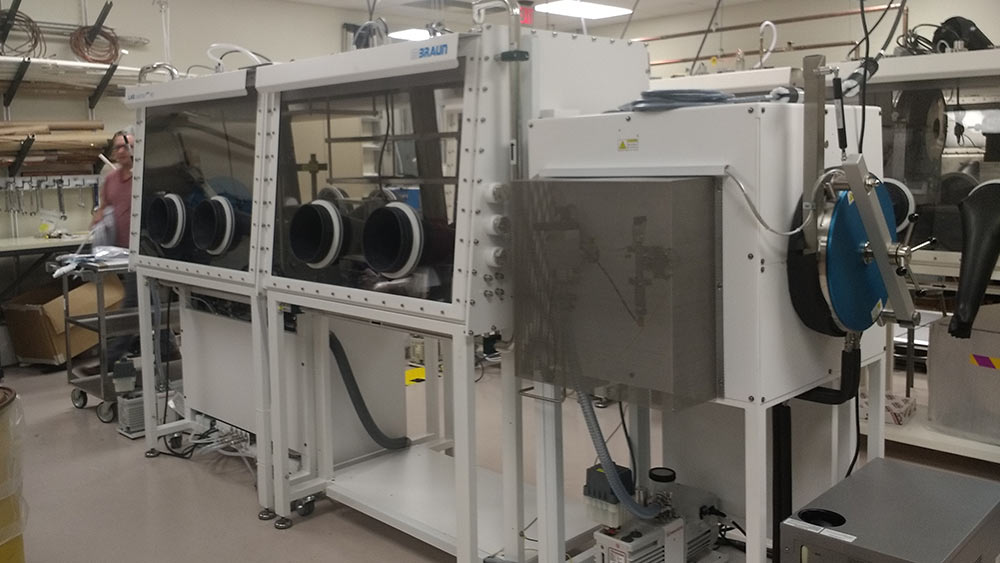A&M joins consortium to develop multi-million-dollar research reactor

Texas A&M University College of Engineering researchers will play a key role in a consortium sponsored by Natura Resources, LLC, to build an advanced research reactor in the state of Texas.
The $30.5 million effort to design and license a research reactor is a collaboration with three other universities: Abilene Christian University, Georgia Institute of Technology and The University of Texas at Austin. The Texas A&M team has been awarded $3.5 million over the next three years for their portion of the project.
Nuclear engineering faculty members Pavel Tsvetkov, Mark Kimber and Sean McDeavitt and their respective research groups are members of the consortium.
“Texas A&M plays an important role on the team, supporting the design, thermal management and fuel characterization efforts toward the reactor,” said Tsvetkov, associate professor of nuclear engineering and lead of the Texas A&M team. “We are excited to be part of the consortium. This is going to be the first advanced reactor to be built in the 21st century in the U.S. and the first to be built as a university research reactor. It will enable the nuclear engineering community, as well as serve the strategic role of workforce development supporting advanced reactors. Dr. Kimber and Dr. McDeavitt have years of unique experience in important areas of the project, allowing us to provide high-impact assistance to the team.”
Launched in spring 2019, the consortium’s goal is to design, license and commission the first university-based molten salt research reactor.
Texas A&M Nuclear Engineering Department Head Michael Nastasi stressed the importance of this project. “Over the next several decades, the energy environment must undergo a transformation to a minimal carbon future if greenhouse gasses are to be sufficiently limited. Molten salt reactors fit perfectly into this future because of their innate safety as well as their ability to consume spent nuclear fuel from conventional nuclear reactors,” he said. “Additionally, this project will help educate a new cohort of engineers who are equipped to work with advanced reactors.”

